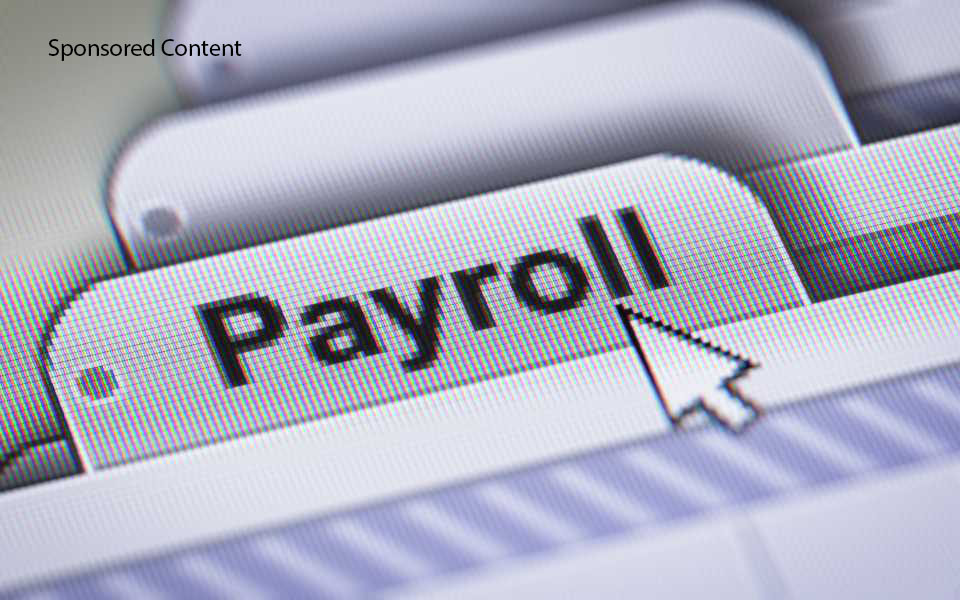Fiji’s perfect storm for investors
A number of factors have combined to make 2021 the ideal timing for investing in Fiji’s fast growing renewable energy sector – one that represents a solid investment opportunity for […]
A number of factors have combined to make 2021 the ideal timing for investing in Fiji’s fast growing renewable energy sector – one that represents a solid investment opportunity for Kiwi companies.
There’s every reason for Fiji to be encouraging offshore investment into its renewable energy industry. The majority of Fiji’s renewable energy is generated using hydropower; climate change has forced a number of villages to relocate; electricity demand increased by 18 percent between 2015 and 2019; and the government wants Fiji to be 100 percent powered by renewable sources by 2036.
Fiji is also implementing its long-term climate action plan under the Paris Agreement to the UN Framework Convention on Climate Change (UNFCCC), with the goal of being carbon neutral across all sectors of the economy by 2050[1].
The country is determined to deliver on its climate change objectives; action has been scaling up considerably since the Prime Minister’s presidency of COP23 – the 2017 United Nations Climate Change Conference.
“All of which adds up to plenty of incentive to attract overseas private investment,” says Peter Rudd, Manager Trade and Investment (NZ) for the Fiji Trade Commission Australia & New Zealand, “and that investment is already well underway.”
As an investment proposition, Fiji’s renewable energy sector has much to offer investors, as do many other sectors in this fast growing economy.
The International Finance Corporation (IFC) is helping Fiji to achieve its energy goals through a range of initiatives. Thomas Jacobs, country manager Pacific for IFC cites its recently announced agreement with Energy Fiji (EFL) to fund the largest solar project of its kind in the Pacific region – one with potential to transition up to 14,000 households to renewable energy.
“We’ve also been working closely with the Fijian government to help improve the investment climate for the private sector in general,” he says, “and to attract both domestic and foreign direct investment.”
The EFL agreement shows that the private sector can be attracted to invest in Fijian renewable energy through a transparent process and a well-structured project, Jacobs explains. “Demonstrating to other Pacific Island countries that bankable deals can be done on renewable energy at a time when they are also striving to reduce their reliance on polluting fossil fuels.
It makes sense for New Zealand companies and investors to look in their own Pacific backyard for investment opportunities,” adds Jacobs. “Fiji and New Zealand are traditional trading partners with established cultural and economic linkages.
“The solar energy work by EFL and IFC highlights confidence in the Fijian economy and investment market.”
IFC’s work in Fiji is supported by the governments of Australia and New Zealand under the Fiji Partnership to unlock private sector investment, promote sustainable economic growth and boost shared prosperity in Fiji. The New Zealand government joined the Fiji partnership in October 2019.
Solar Fiji’s proud contribution
Tony Pecora, who co-founded Suva-based Solar Fiji in 2017 with Joe Baravi, agrees that 2021 is indeed a good time for offshore investors to be scoping the opportunities offered by Fiji’s renewable energy sector. He says while the sector comes with unique operational challenges, his company has already done the hard vards to formulate a workable structural and operational model.
He recommends investment companies partner with local firms, across energy and agri-business, to add expertise and capital to their existing operations.
Pecora explains that Solar Fiji is a “grass roots, self-funded enterprise” that has grown steadily over the past three years thanks to “loyal, committed and talented” people. “Along with great partners like Victron Energy – a Netherlands-based solar equipment manufacturer, for which we hold distribution rights in Fiji.”
Smaller private consumers make up the bulk of Solar Fiji’s client portfolio – often so they can access solar power to run basic household appliances. However, commercial installation projects include the Fiji Government’s Fisheries department projects and tourist resorts wanting to use off-grid power to become sustainable in their operation and reduce dependency on fuelled generators.
One of the largest solar installation projects undertaken so far, and a major test of its services, skills and knowledge, was the installation of the 3-phase ice cream factory in Taveuni – Fiji’s third largest island. It is the first factory to use off-grid power for its operation.
Pecora says the ideal investment partner for Solar Fiji would be a company that can manage some of the large-scale multi-million dollar projects currently entering the market – specifically mega-watt solar farms and wind turbine projects.
“Solar Fiji is capable of commissioning and managing projects up to NZ$500,000.”
Having said that, his key advice for offshore investors is to start with an established small business which has scope for growth. “That’s the safest path.”
Fijians are both cost and quality conscious, so it’s advisable that potential investors choose an in-country partner that specialises only in high-performing, long-life equipment and has a reputation for highly professional workmanship.
Solar Fiji says training in capacity building is also essential for both technicians and consumers.
The latter sometimes believe that any type of solar power system can power any home appliances. This is not the case as system sizing is very important, based on the load wattage.
A solid investment opportunity
As an investment proposition, Fiji’s renewable energy sector has much to offer investors, as do many other sectors in this fast growing economy.
As a crossroads to other Pacific Island nations, and boasting solid infrastructure such as the international airport and shipping facilities, and an investor-friendly government, Fiji is ideal for business ventures and serious investors. The renewable energy sector, in particular, is poised for growth, aided by local resources and manpower, including strong tertiary-level training.
Economic stability will always be essential for attracting inward investment, and with Fiji having both low levels of inflation and positive GDP growth since 2010, it’s not surprising that there’s been a sharp rise in confidence by the domestic private sector and foreign investors, with new bank lending for investment purposes also rising consistently.
Fiji has a business-friendly tax structure that supports innovation and investment, with a corporate tax rate of just 20 percent, and lower ten percent rate for companies listed of the South Pacific Stock Exchange.
And with limited exposure to the Covid-19 virus, it has one more major advantage to take it into 2021.
As Fiji continues to investigate ways in which technology can encourage its economy and improve the lives of its people, solar power and renewable energy is seen as an exciting proposition. The government continues to be a leading advocate for addressing climate change through the use of renewable energy.
For Kiwi investors, all this means there has never been a better time to take a closer look at the options on offer in this South Pacific paradise.
For more information go to www.investinfiji.today





